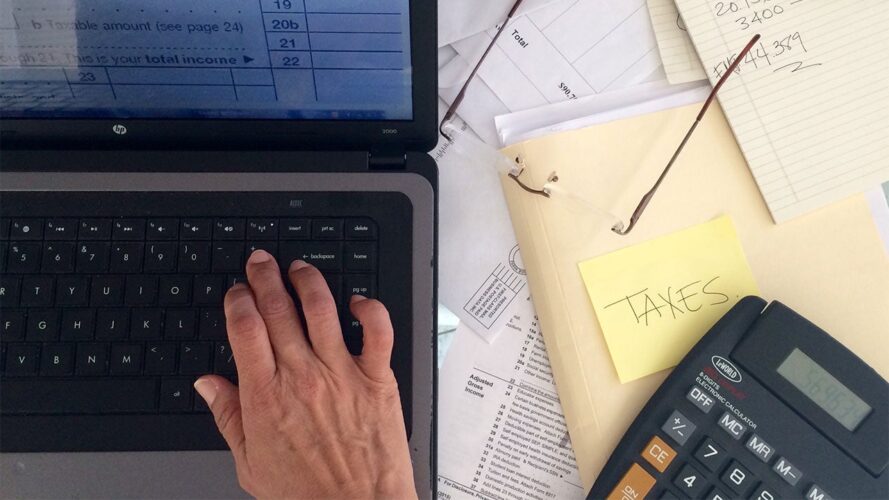The Internal Revenue Service (IRS) is a US federal agency that collects taxes–generally income taxes–and enforces tax laws. Staying prepared for the tax season can save you money, frustration, and time. Whether you use a tax professional or file your own business taxes, being prepared and organized is important for getting the best result for your business. Contact Pembroke Pines accountant if you need help preparing for the tax season.
Tips to speed up processing and avoid hassles in tax season
Whether you are preparing to file the previous year’s business tax return or planning strategically for the current year, here are some tips to speed up the tax season process.
- Organize the tax paperwork.
The most profitable way to ensure your tax paperwork is organized is by keeping excellent records all year. This way, after the year’s end, you just have to collect the applicable tax documents available online or by mail. The planning beings in January when companies send out and receive essential tax documents. A lot of tax reporting begins in January, and you will receive a lot of documentation.
- Understand qualified credits and deductions.
Tax credits and deductions are an essential part of the filing process. Tax credits reduce your business’s tax liability, whereas tax deductions reduce taxable income.
The number of business tax deductions and credits is extensive, including the credits one may not be aware that apply to apply specific industries like biodiesel fuel use or employers offering employee benefits like maternal care.
- Have a sound knowledge of the latest tax laws.
You should stay updated on the present and future business tax law changes and how they may affect your business regardless of whether you are preparing your taxes or paying to have them prepared.
- Itemize business expenses
Itemizing, categorizing, and detailing your business expenses ahead of time can save a lot of time and hassle on tax day. Work with your accounting teams and bookkeeping to put yourself in a position to grab maximum benefit from your expenses.
- Calculate projected payroll taxes.
Along with deductions and expenses, your payroll taxes must stay up to date and calculated throughout the year. You must file at least quarterly if you have employees. You should also make payroll tax deposits as needed or face steep penalties.
- Keep updated on your home state’s tax issues.
You should pay more attention to modifications in state requirements of IRS rules if you do not want to be taken by surprise.

